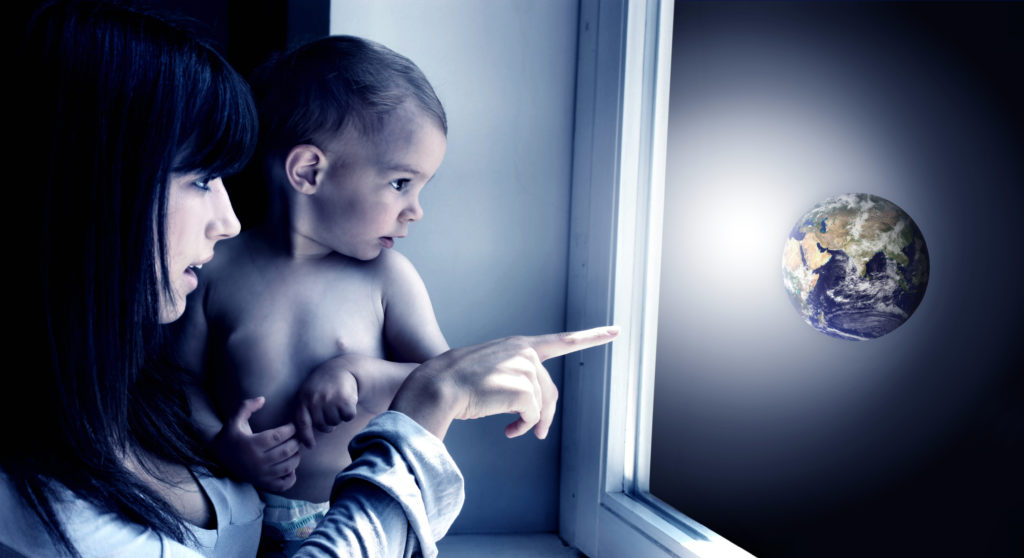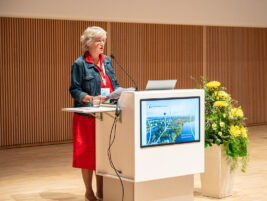Some two months ago, our daily work was interrupted by the spreading news about Dan Stern’s death….
While writing this very sentence, I reflect on my hesitation of which word to choose…»passed away», or «was gone», or simply «died.»…Is it because the notion of «death» is too difficult to comprehend …not only for children but also for grown-ups….that we tend to use metaphors such as «gone forever», or, as we commonly say in Hebrew «went into his/her world»? The first reaction is almost, «What? It can’t be. I just talked to him a month ago…Well, yes, he was very sick, but he got through each time…»
Losing our parents and our teachers is a «natural» fact of life and still it presents us with existential questions…especially for those of us who already have half of our lives behind us. When one of my residents in Child Psychiatry was waiting for his first baby to be born a few weeks ago, I thought of a common denominator between the two extremes, life and death. The exact time of the first breath, as well as of our last breath, is unpredictable , even when birth as well as death is more often than not expected. In a way, birth as well as death is always sudden and as such, surprises us. May be it has to be so because these two «present moments» (as Dan would say) are so overwhelming in their intensity and their absolute, «all or none» quality, that it is better, in psychological terms of survival, not to know them in advance. We know what happened to Adam and Eve when they ate the apple form the Tree of Knowledge…they started to experience fear, anxiety…what we call negative emotions!
In that sense, life is not less anxiety-provoking than the prospect of death. The difference is that in life, the young children, the adolescents, and the young adults can talk to their elders and get a sense of what is lying ahead of them so that they can prepare themselves, make plans, use the experience of others. They also know that if they feel alone or afraid, they can turn to their attachment figures (hopefully!). Death, and what comes after, if anything does, is the only life event that nobody can give a good advice about it. If only one could tell us about what really is in the aftermath…
The closer the deceased person is to us is, the more we are bothered by the question, “What is the «present moment» now for Dan?” Whether there is one, we will never know…but for us, the living, the way to continue Dan Stern’s “present moment” is to go on teaching our students and young colleagues not only Dan’s major concepts of affect attunement, selves, motherhood constellation, but also his philosophical and scientific stance: to observe directly and then to reflect on the significance of the observed phenomena.
I met Dan a year ago, at the IACAPAP meeting in Paris. He was already very sick, but I was struck and deeply moved by his tenacious way of thinking about what he observed around him… as if it had become a reflex behavior…This is, in my eyes, the most powerful legacy Dan Stern has given us and the following generations of infant mental health clinicians and researchers.
This issue of Perspectives in Infant Mental Health is fully dedicated to the many ways he has been perceived by many of us…
Vol. 21 No.1 Winter 2013 – President’s Page
Authors
Keren, Miri,
MD, President of WAIMH,
Israel








